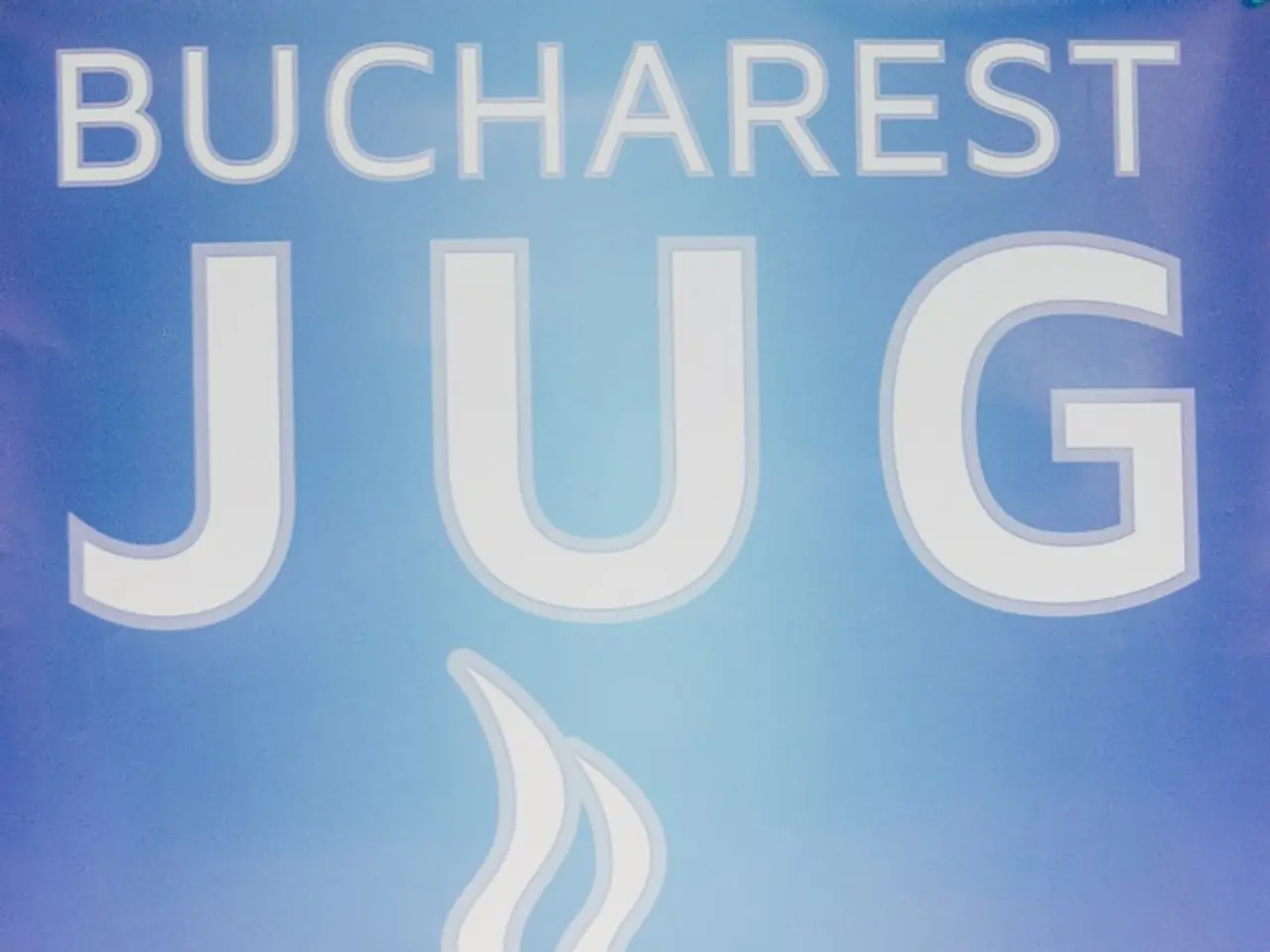Supermarket Chain Lidl Collaborates with WWF to Encourage Eco-Friendly Food Consumption, Minimize Food Waste, and Guide People Towards Sustainable Decisions
In a significant move towards a more sustainable future, German discount retailer Lidl has partnered with the World Wildlife Fund (WWF) for a five-year, 31-country initiative. This partnership aims to accelerate Lidl's sustainability efforts across its operations, with a focus on reducing the climate impact of shopping baskets by 2030.
The collaboration will encompass various aspects, including responsible sourcing, deforestation-free supply chains, and advocacy for sustainable diets. Lidl plans to build and expand traceable, deforestation-free, and conversion-free supply chains, ensuring responsible sourcing of critical raw materials like palm oil, soy, cocoa, tea, coffee, wood, and paper products.
One of the key highlights of the partnership is Lidl's commitment to promoting plant-based foods. In the UK and Ireland, plant proteins account for 15.3% of all proteins sold in 2022/23, with dairy alternatives accounting for 7.4% of overall dairy sales. Plant-based foods are becoming more prominent on Lidl's shelves, reflecting the growing consumer demand for sustainable choices.
Lidl has also seen a positive response to its plant-based offerings. In the Netherlands, the retailer boosted the sales of its own-label meat analogues by 7% after placing them in the meat aisle for six months. Lidl GB aims to increase sales of its private-label meat-free and plant-based milk ranges by 400% by 2025.
The partnership will also involve efforts to create deforestation-free supply chains, engage in advocacy for sustainable diets, and reduce food waste. Lidl has set a goal to cut food waste by half by 2030, having already reduced it by 43% by 2023. A majority of food waste-related greenhouse gas emissions come from households, making this an essential aspect of the initiative.
Lidl's sustainability efforts extend to fish and seafood as well. The collaboration will focus on safeguarding fishing grounds and stocks, ensuring that seafood is sourced responsibly. The EU is set to clamp down on deforestation from next year, with policymakers focusing on this issue. Lidl aims to ensure compliance with these regulations, demonstrating its commitment to environmental protection.
In the Netherlands, Lidl has pledged to have at least 60% of all proteins sold be plant-based by 2030. This ambitious target underscores Lidl's belief that sustainable management is essential for the future viability of its business model. Major global challenges like climate change and nature loss can only be overcome by working together, and Lidl believes that this partnership is a step in the right direction.
The partnership will also focus on making Lidl's entire value chain more planet-friendly, ensuring greater consumer access to sustainable choices, and building nature-positive business models. Lidl has signed the WWF's Retailers' Commitment for Nature, an industry-wide agreement aimed at reducing the climate impact of shopping baskets by 2030. This partnership is a significant step towards a more sustainable future for Lidl and the food industry as a whole.
In a separate development, Lidl has lowered the price of all vegan analogues to match animal-derived meat and dairy in Germany and Belgium. However, no relevant information was found regarding which organization Lidl partnered with in 2023 to achieve this price reduction. Nonetheless, this move further demonstrates Lidl's commitment to making sustainable choices more accessible and affordable for consumers.








